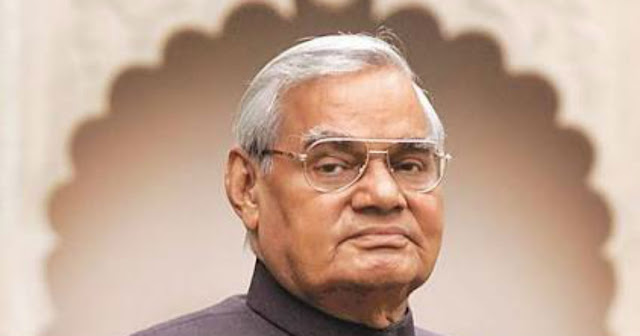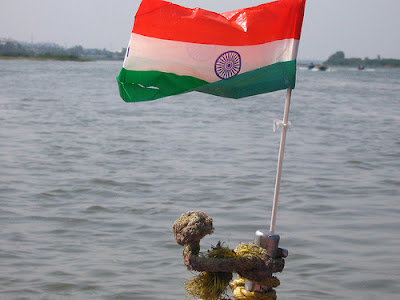Timely Meditations: On the art of going backwards
In this day and age of progress, India has just taken a massive leap - backwards - over the last few days. First, came the Indian Science Congress. It made news for all the wrong reasons. That a speaker claimed that some mythical figures were test tube babies is absurd; that he was given the opportunity from the podium of the Science Congress is a tragedy. Indian Science should be known for its achievements and not its resident fools. It's impossible to take all that was reported seriously - such as the proposal of renaming Gravitational Wave the Modi Wave - but one really doesn't know what to believe at a time when sense and self-respect seem to be in short supply. The other big news in the New Year that a temple in Kerala, which banned women of a certain age from entering and was directed recently by the Supreme Court to let them enter, would perform a purification ceremony as two women - despite all threats of violence - managed to enter there. One would have thought the p...

